| Car Albums | |||||
| Makers | |||||
| Models | |||||
| Leyland Bus | |||||
| Full menu functions for the buttons above are only available if you ALLOW BLOCKED CONTENT. My menu scripts provide drop-down menus that have been tested with the latest Mozilla browsers. If the scripts do not run, limited navigation is given by these buttons | |||||
Leyland Vehicles James Sumner and Henry Spurrier founded the Lancashire Steam Motor Company for their 1.5tonne steam van in 1896. This was a success, particularly after it won the 1897 Manchester Vehicle Trials and Leyland in Lancashire became a production site for these vehicles. A petrol-engined vehicle went into production in 1904 and in 1905 a Leyland bus was sold to London. In 1907 the name Leyland Motors Limited was given to the business. Sales grew, and after military contracts were won in 1912 and the First World War took almost 6000 vehicles. Leyland bought back about halkf of these vehicles and reconditioned them for haulage rathere than have worn out vehicles sold privately. In the 1930s Leyland introduced diesel engines and produced trucks from light 4-wheels upo to heavy articulateds and 8-wheel rigids. Leyland built TAnks during the Second World War and continued the development of their range of trucks during the 1950s. In the 1960s Leyland added more truck brands to its range when it acquired Associated Commercial Vehicles with names such as AEC and Albion. In 1963 it took over Standard-Triumph and in 1967 British Motor Holdings was formed when the British Motor Corporation joined this group. Finally Jaguar, Daimler, Alvis and Rover joined to make British Leyland. A merger with DAF trucks in 1987 produces Leyland DAF and then LDV, before coming under the control of the American PACCAR corporation in 1998 |
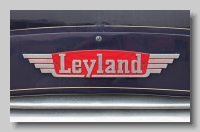
|
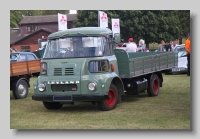
Leyland FG
|
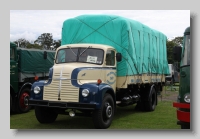
Leyland Comet and Super Comet
|
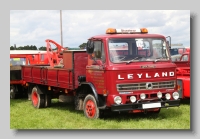
Leyland Terrier
|
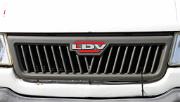
Leyland Pilot, Convoy and Freight Rover
|
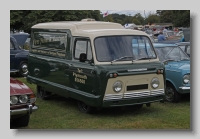
Leyland 15 and 20
|
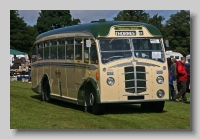
Leyland Bus
|
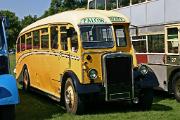
Duple Coachbuilders
|
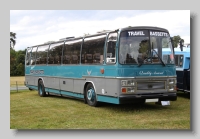
Plaxton Coachworks
|
| British Vehicles | Simon Cars | ||||
Images created by Simon GP Geoghegan Email Simon